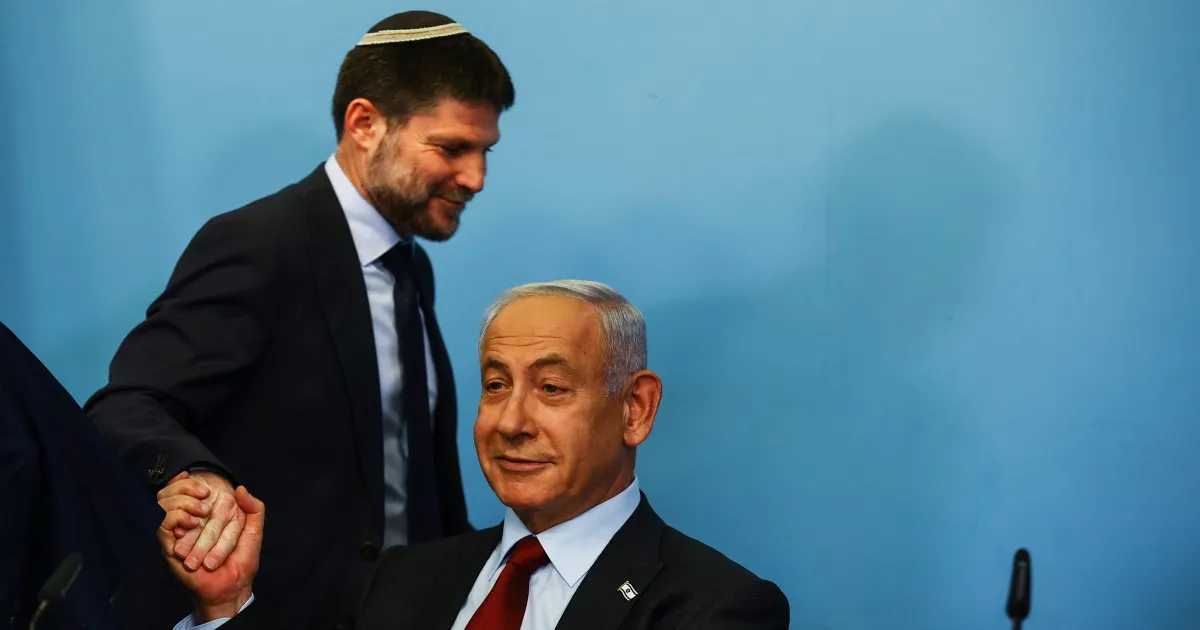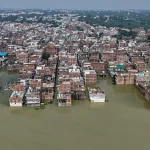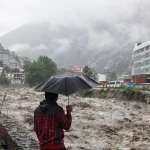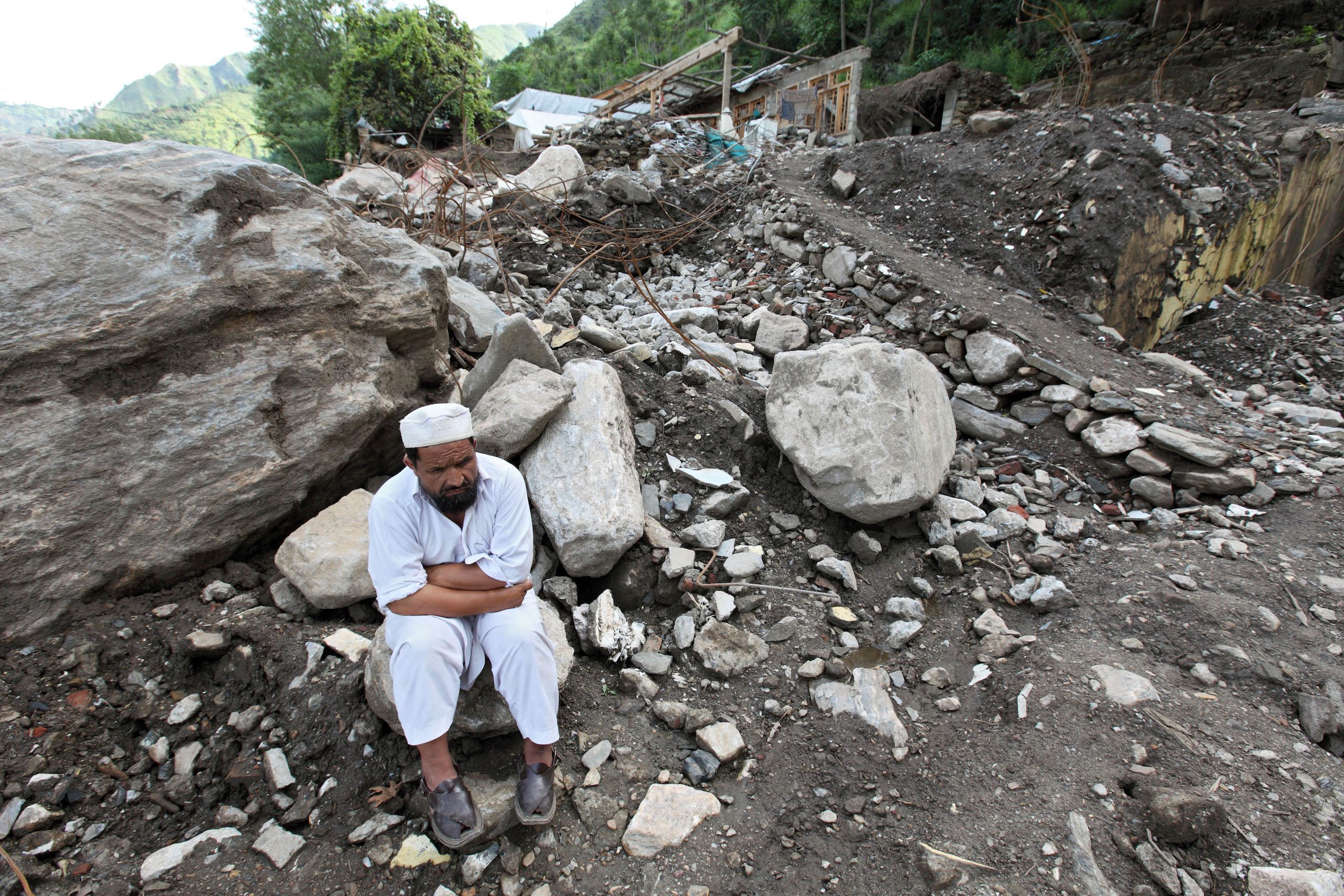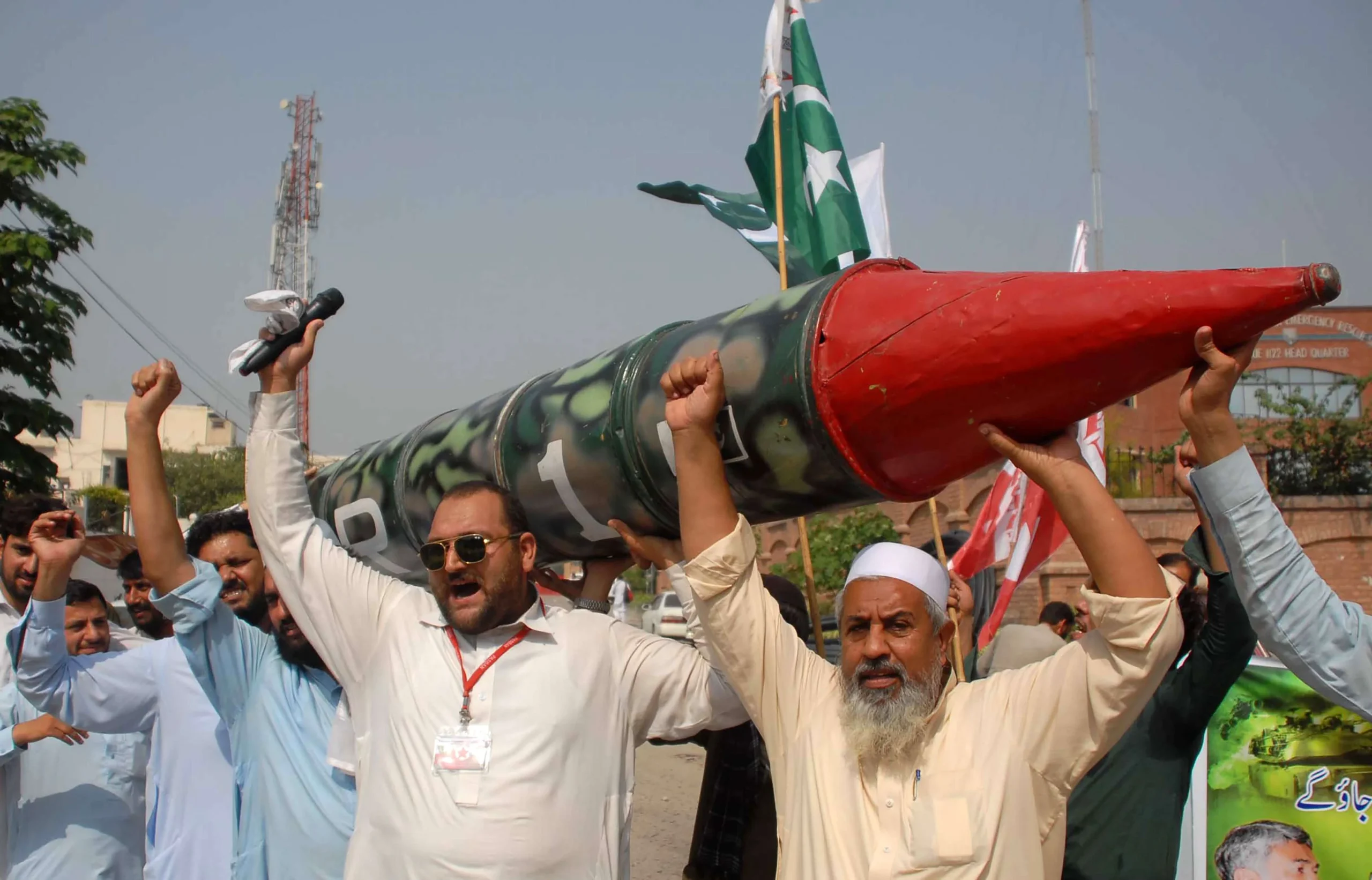In one of the most controversial political moves of recent years, Israeli Finance Minister Bezalel Smotrich has unveiled a plan that he claims could reshape the future of the Gaza Strip and Israel’s security landscape. His proposal, a three-phase Gaza annexation plan, is conditional: if Hamas refuses to disarm and relinquish its militant hold, Israel, he argues, must take unilateral steps to annex parts of the territory.
The announcement has sparked an immediate firestorm of debate both within Israel and across the international community. For some, it represents a bold and necessary security measure in response to decades of conflict and repeated wars with Hamas. For others, it raises alarms about the legality, morality, and long-term implications of annexing a territory home to over 2 million Palestinians, already facing what the United Nations calls one of the world’s worst humanitarian crises.
This article dives deep into Smotrich’s phased plan, the reactions it has triggered, the historical context behind Gaza’s contested status, and the potential consequences for peace, security, and the region’s fragile geopolitical balance.
Smotrich’s Proposal: A Three-Phase Plan
Smotrich, a leading figure of Israel’s far-right Religious Zionism party, is no stranger to hardline policies. His Gaza annexation proposal is structured around three escalating phases:
Demand for Disarmament
Hamas and other armed groups in Gaza would be given the opportunity to lay down their weapons, dismantle military infrastructure, and agree to international oversight of demilitarization.
Security Enclaves and Partial Annexation
If disarmament does not occur, Israel would move to establish military-controlled enclaves along the border areas of Gaza. These zones, Smotrich argues, would serve as buffer regions to prevent future rocket attacks and infiltration.
Full Annexation of Strategic Areas
In the final stage, Israel would annex strategic zones of Gaza outright, particularly areas deemed vital for Israel’s security. Palestinian governance would be further restricted, and Israel would assume permanent control of these territories.
Smotrich has justified his proposal by arguing that Israel cannot allow “a terror statelet to exist on its border.” He claims that his phased approach provides Hamas with a choice: peaceful disarmament or the loss of territory.
The Historical Context of Gaza
- To fully grasp the weight of Smotrich’s proposal, one must understand Gaza’s complicated history.
- Pre-1948: Gaza was part of Mandatory Palestine under British control.
- 1948 War: After the Arab-Israeli war, Egypt assumed control of Gaza, administering the territory until 1967.
- 1967 Six-Day War: Israel captured Gaza, along with the West Bank and East Jerusalem.
- 2005 Disengagement: Israel unilaterally withdrew its settlers and military forces from Gaza, handing control to the Palestinian Authority.
- 2007 Hamas Takeover: Hamas seized power after clashes with Fatah, leading to Israel and Egypt imposing a blockade that continues to this day.
For nearly two decades, Gaza has been governed by Hamas under siege-like conditions. The result has been repeated cycles of war, poverty, and international condemnation.
Smotrich’s plan challenges the long-standing assumption that Gaza is to remain under Palestinian administration, whether under Hamas or a unity government. Instead, he is advocating for reversing Israel’s 2005 disengagement, a move that would fundamentally alter the trajectory of Israeli-Palestinian relations.
Legal and International Reactions
The proposal has drawn immediate condemnation from Palestinian leaders, who call it an outright attempt at colonization. Mahmoud Abbas’s Palestinian Authority labeled it “a dangerous escalation” that undermines any prospect of a two-state solution.
Internationally, reactions have been swift:
United Nations: Officials have reiterated that Gaza is considered occupied territory under international law. Annexation would violate numerous UN resolutions.
European Union: EU leaders have called any annexation move “illegal and unacceptable.”
United States: While the U.S. remains Israel’s strongest ally, American officials have expressed concern, noting that unilateral annexation undermines long-term peace efforts.
Smotrich, however, insists that Israel must prioritize security over international opinion. “No nation,” he argues, “would tolerate an armed terror group at its doorstep.”
Humanitarian Concerns in Gaza
The humanitarian situation in Gaza is dire even without annexation. The United Nations estimates that more than 80% of Gaza’s population depends on humanitarian aid. Chronic electricity shortages, limited access to clean water, and high unemployment—hovering around 45%—have created a severe crisis.
Adding annexation to this volatile mix could worsen conditions. Critics argue that if Israel asserts direct control, it may be held responsible for the welfare of Gaza’s population under international law, placing enormous strain on its resources and fueling more resentment.
Smotrich counters that annexation would be limited to “security zones” and would not require Israel to administer the entire civilian population. Still, humanitarian organizations warn that further restricting Palestinian autonomy could ignite unrest on a scale unseen in recent years.
Israeli Domestic Politics: A Divided Nation
Within Israel, Smotrich’s proposal has divided the political landscape.
Supporters: Hardline conservatives and settlers applaud the idea, seeing it as a logical step to ensure Israel’s security and prevent Hamas rocket fire.
Opponents: Moderates, liberals, and some military officials warn that annexation could trigger a third Intifada, isolate Israel diplomatically, and worsen internal divisions.
Even Prime Minister Benjamin Netanyahu has been cautious. While his coalition depends on figures like Smotrich, Netanyahu has historically avoided steps that could invite sweeping international backlash. Observers suggest that Smotrich’s plan may be more about shaping political discourse than immediate implementation.
Potential Consequences for Regional Stability
The phased annexation plan could have far-reaching consequences:
Collapse of Two-State Solution: Annexing Gaza would make it nearly impossible to achieve a Palestinian state alongside Israel, the cornerstone of most international peace frameworks.
Escalation of Violence: Hamas has vowed to resist any annexation attempt, likely through intensified rocket fire or cross-border attacks.
Strained Regional Ties: Israel’s recently warming relations with Arab states under the Abraham Accords could suffer. Nations like the UAE and Bahrain may reconsider cooperation if annexation proceeds.
Iranian Influence: Iran, which funds and arms Hamas, could seize on annexation as a rallying cry, further fueling proxy conflicts in the Middle East.
Voices from the Ground
Ordinary people on both sides of the conflict see the stakes differently.
In Tel Aviv, a young Israeli shop owner remarked:
“We’re tired of running to bomb shelters every few months. If annexation brings security, maybe it’s worth it. But I fear it will only bring more war.”
Meanwhile, in Gaza City, a Palestinian teacher expressed despair:
“Every plan they make is about taking more land and freedom from us. We live in ruins already. Annexation means our children will never see peace.”
These human perspectives underscore the deeply personal nature of decisions made in political halls, far from the daily struggles of ordinary citizens.
Expert Opinions
Security and political experts are weighing in heavily on the proposal.
Dr. Michael Milstein, former IDF intelligence officer, argues:
“Smotrich’s plan oversimplifies a deeply complex issue. Annexation may secure borders in the short term, but in the long run, it risks inflaming extremism.”
Hanan Ashrawi, Palestinian politician, counters:
“This is not about security; it is about erasing Palestinian presence. Annexation would destroy any chance of coexistence.”
International Law Scholars emphasize that unilateral annexation could open Israel to sanctions, boycotts, and legal battles at the International Criminal Court.
Could Annexation Actually Happen?
While Smotrich’s plan has dominated headlines, analysts remain skeptical of its near-term feasibility. Netanyahu’s government has historically walked a fine line between appeasing its far-right partners and avoiding international isolation.
Annexation of Gaza would represent a massive departure from past policies and could provoke backlash not just abroad but also within Israel’s security establishment. Still, Smotrich’s influence within the coalition ensures that his ideas will continue to shape debate and policymaking.
FAQs
What is Smotrich’s Gaza annexation plan?
It is a three-phase proposal involving Hamas disarmament, creation of Israeli-controlled security enclaves, and eventual annexation of strategic parts of Gaza if Hamas refuses to disarm.
Why is the plan controversial?
It is seen as a violation of international law, risks worsening the humanitarian crisis in Gaza, and threatens the viability of a two-state solution.
How has the international community reacted?
The United Nations, European Union, and Palestinian Authority have strongly condemned the proposal, while the United States has expressed concern about its impact on peace efforts.
Could Israel actually annex Gaza?
While the plan is possible in theory, political, diplomatic, and military challenges make its near-term implementation unlikely.
What does this mean for ordinary Palestinians in Gaza?
Annexation could further restrict their autonomy and worsen already dire humanitarian conditions, intensifying daily struggles for survival.
Conclusion
Bezalel Smotrich’s three-phase annexation proposal has thrust Gaza back into the spotlight, raising difficult questions about security, sovereignty, and the possibility of peace in the Middle East. While his supporters view the plan as a pragmatic path to ending years of conflict with Hamas, critics see it as a dangerous escalation that could plunge the region into deeper chaos.
The humanitarian, political, and legal implications are enormous. At its core, the plan forces both Israelis and Palestinians—and indeed the world—to confront the fundamental dilemma of Gaza: can there ever be peace without addressing both security concerns and Palestinian rights?
Whether annexation proceeds or not, one thing is clear: Gaza remains a flashpoint, and decisions made today will echo for generations.


